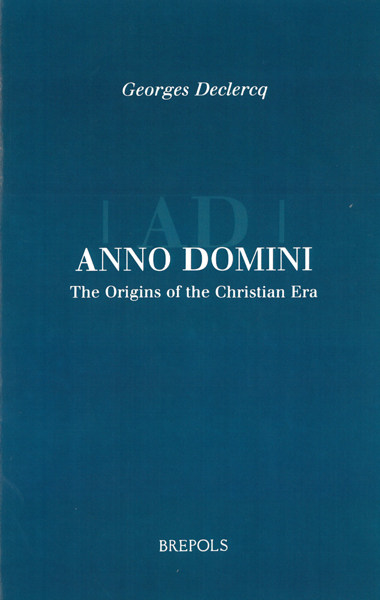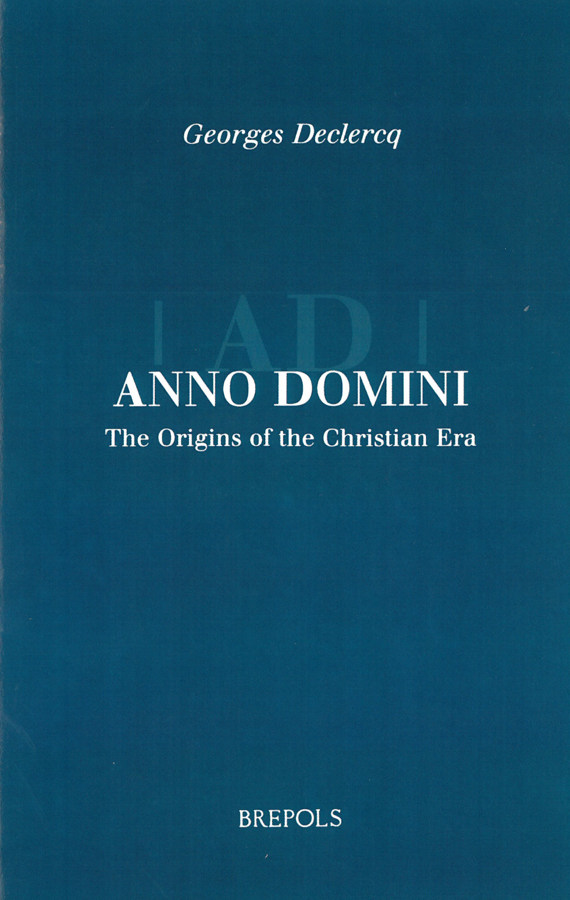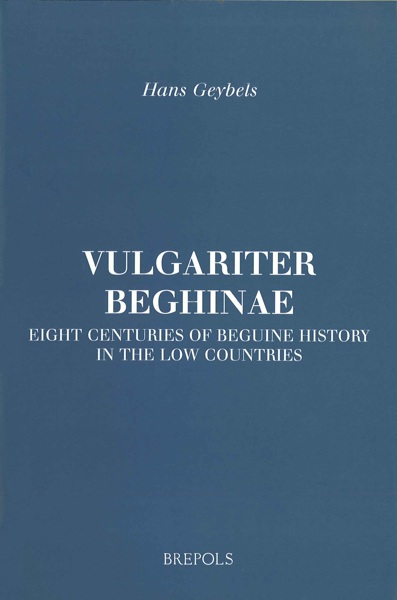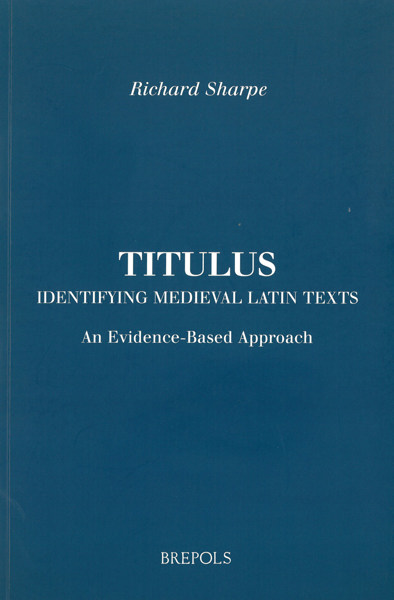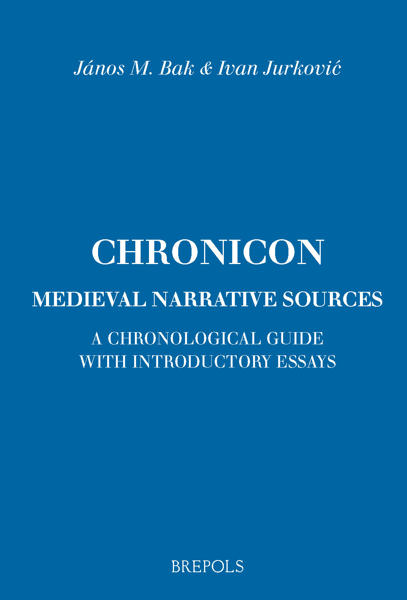
Anno Domini. The Origins of the Christian Era
G. Declercq
- Pages: 207 p.
- Size:140 x 216 mm
- Language(s):English
- Publication Year:2000
- € 25,00 EXCL. VAT RETAIL PRICE
- ISBN: 978-2-503-51050-7
- Paperback
- Available
This exhaustive, authoritative study describes not only the origins and the early development of the Dionysian system of dating, from its invention until its adoption throughout Western Europe, but also its antecedents in Late Antiquity and the general context in which the era was conceived.
"Der gediegen gearbeitete Band besticht durch seine Aufmachung und dürfte weite Interessentenkreise ansprechen …" (Anna-Dorothee von den Brincken, in Deutsches Archiv 57, 2001, S. 290) "… this is a stimulating and useful book that not only summarises existing knowledge but propounds a new and plausible hypothesis. As such, it is to be warmly welcomed." (Leofranc Holford-Strevens, in Peritia 15, 2001, p. 410)
"It is a well written tale and provides access to information which has not been easy to find but by anyone using historical documents. Libraries need this book." (W. M. Stevens, in: The Medieval Review, 02.06.02)
The most successful dating system the world has ever known is that based on the 'Year of the Lord' (Anno Domini) - the Christian era. It was created in AD 525 by a Scythian monk, Dionysius Exiguus, primarily as a means of numbering Easters. Today, this system for reckoning time is used globally and is by no means restricted to adherents of Christianity. The present essay aims to describe not only the origins and the early development of the Dionysian system, from its invention until its adoption throughout Western Europe in the course of the eleventh century, but also its antecedents in Late Antiquity and the general context in which this era was conceived. The result is a broad chronological and geographical survey, encompassing developments over a period of a thousand years in both Latin Christendom and the Byzantine East. Georges Declercq takes the reader through the emergence of the Alexandrian and Byzantine ears of creation, the vexed question of the Easter or Paschal controversy, the computistical works of Victorius of Aquitaine and Dionysius Exiguus, and the role of the Anglo-Saxons in the manner in which Dionysius came to fix the incarnation of Christ in AD 1. This comprehensive survey is directed to both specialists and non-specialists and will be indispensable for any reader interested in early Christian chronology. Georges Declercq is a lecturer at the University of Brussels, and teaches medieval history at the Vrije Universiteit Brussel and medieval palaeography at the Université Libre de Bruxelles. He has published on the medieval history of the county of Flanders, and works mainly in the field of charters and diplomatics.
